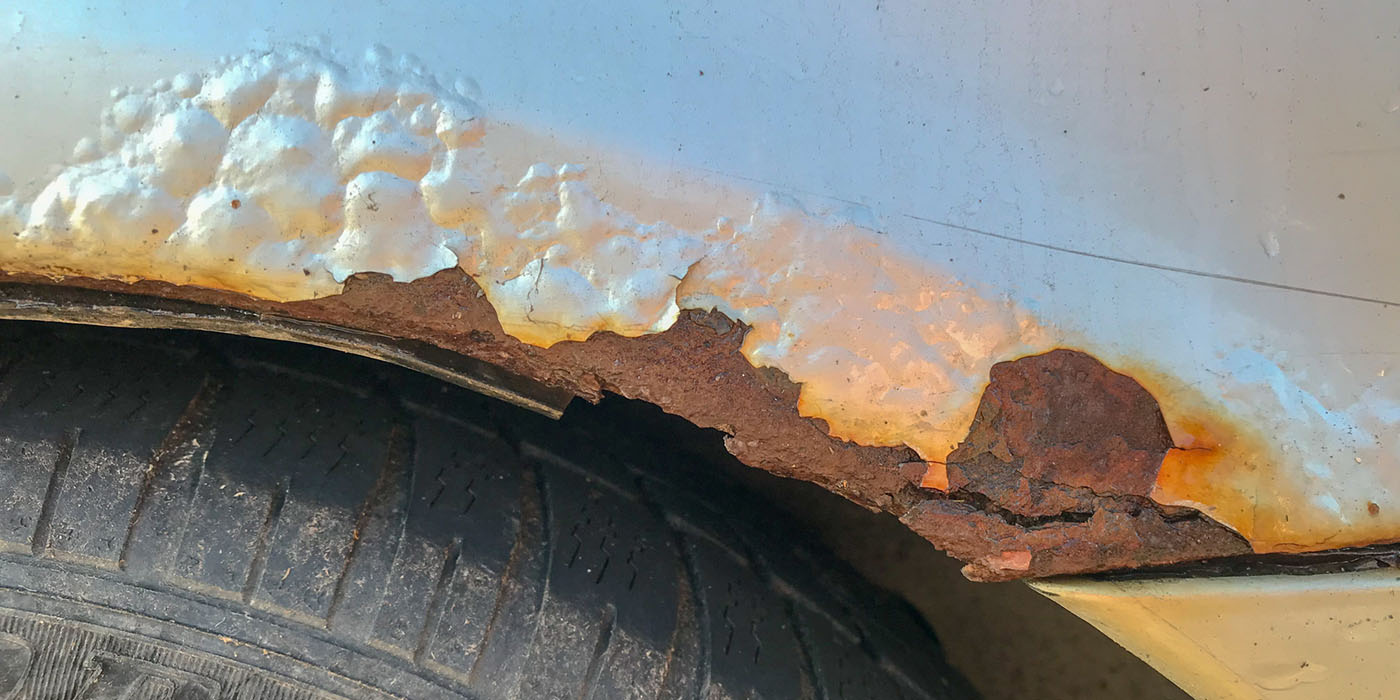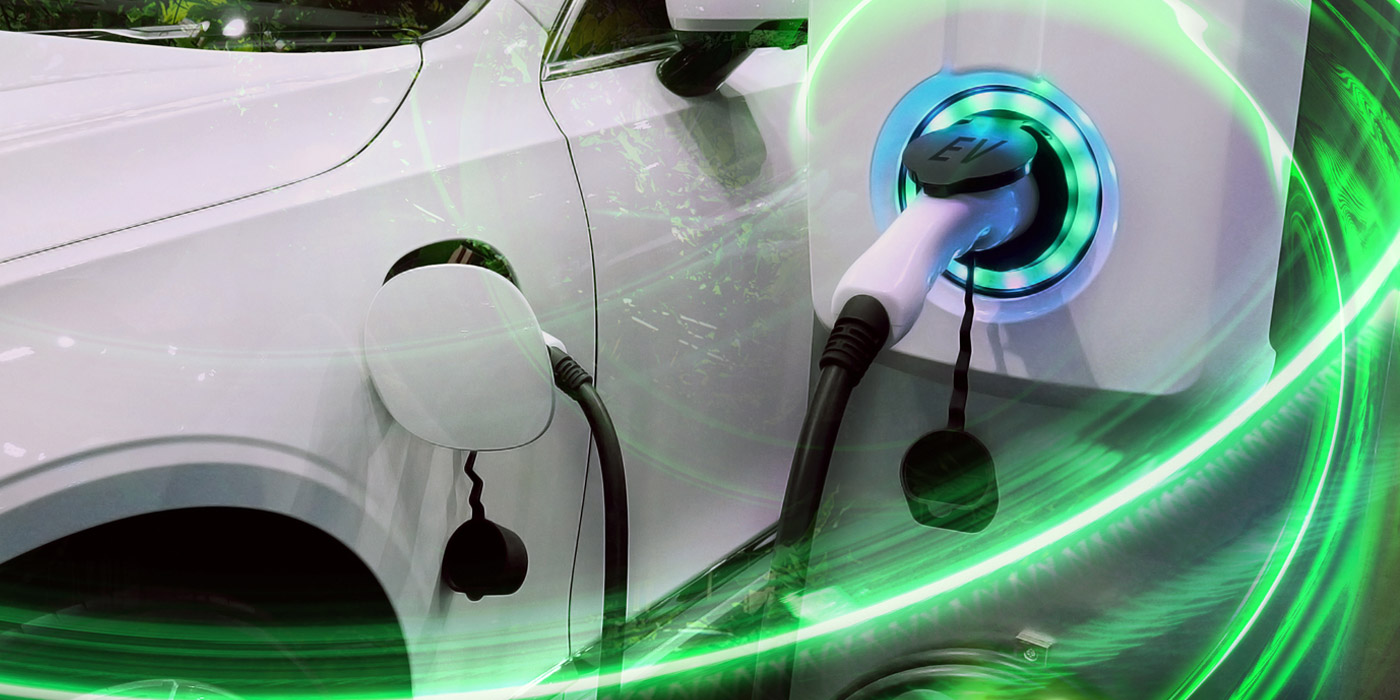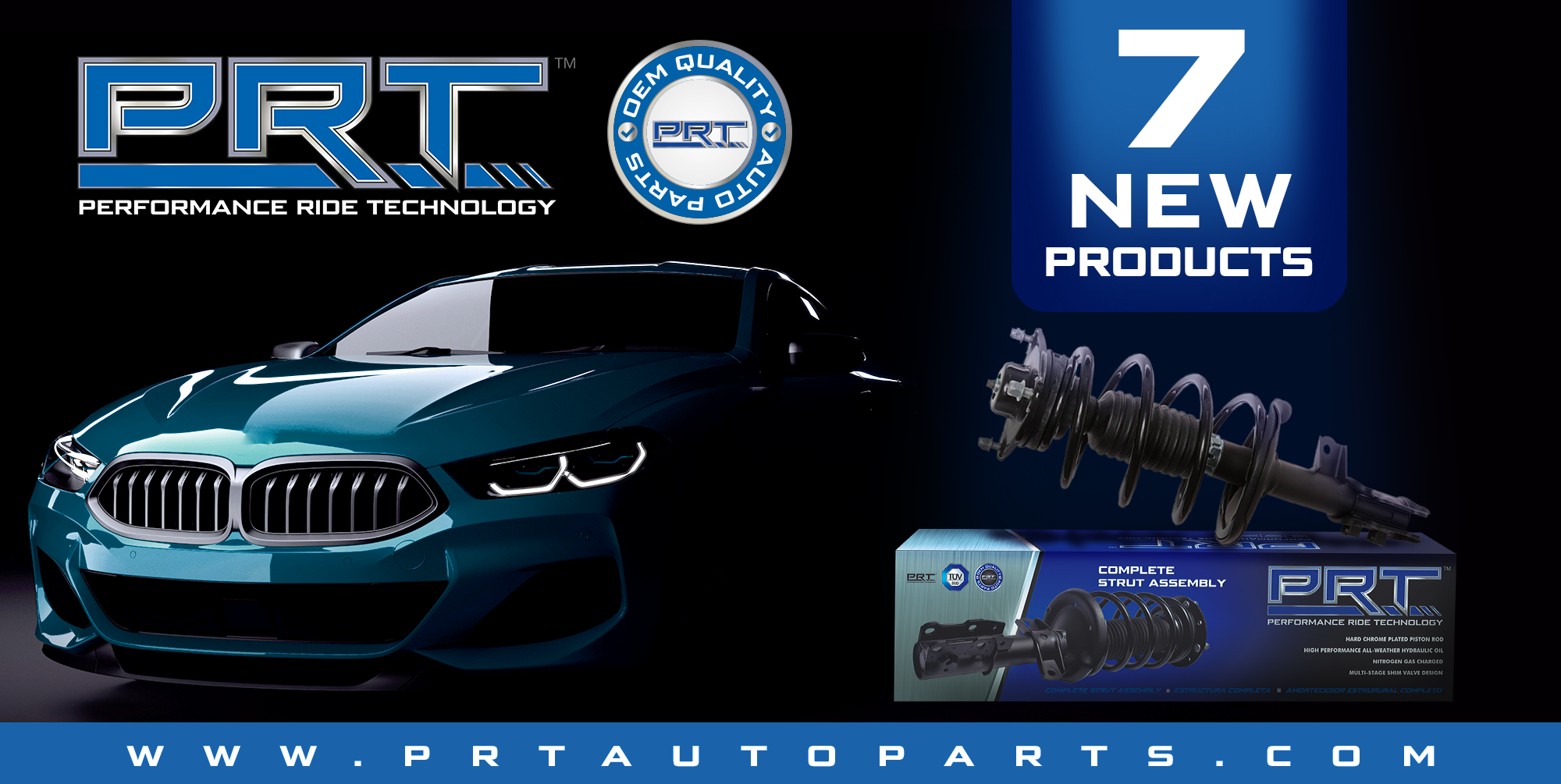As the economy continues to shift, and customers are willing to spend a bit more money, it seems as if carwash owners are finding they are ready and willing to spend some more on new equipment. If you are considering a restructuring of your revenue stream, you might want to consider adding on an additional profit center. A new service, that does not require a full-time attendant, and little overhead, is a win-win, if the initial costs, space requirements and return on investments are reasonable. The following article outlines four different profit centers to consider for your carwash property. Each one was researched and analyzed by a vendor in the particular industry. And, while their input is quoted, we made sure it is not unique to their specific company. The following information is generalized, although their tips for success are based on what they have heard from successful clients.
Vending Machines
Initial Costs: An operator can expect to pay between $1,000 and $5,000 for each vending machine. Quality refurbished machines with minimal options can be purchased in the $1,000 range and a new machine with many options will be up to $5,000. Options include:
- Cashless payment systems
- Security
- Refrigeration (for a snack machine)
- Spare parts
Potential ROI: The potential return on investment averages 10 percent per annum after all expenses (this is the figure a full-time vending operator sees, as an additional service, a carwash operator can expect a higher rate of return).
Space/Electrical Requirements: Each vending machine requires 40” x 40”, so a snack and soda machine would require 80” x 40”. Generally, it is best to have a dedicated circuit for your vending equipment with a minimum 20 amp service. Surge protection is suggested. If you plan to have just a non-refrigerated machine, a dedicated service is not necessary.
Maintenance Requirements: Vending equipment requires basic maintenance, cleaning, stocking and systems checks. As the equipment ages, the need for maintenance increases, especially with refrigerated machines. Qualified repair personnel can be supplied from local vending operators or from your equipment supplier.
Tips for success: Make sure your products are priced properly. A 100 percent markup is considered normal in the industry. Product selection is based on demographics, and information is available from equipment suppliers and trade magazines (Automatic Merchandiser, Vending Times).
Be aware of product dating issues; vending products are perishable, and throwing products away is costly.
Place the machines in an area where they have high visibility and foot traffic. Vending is a numbers game, the more people who see the machine, the more successful it will be.
Information provided by Larry Towner, business consultant with A&M Equipment Sales.
More articles on: Vending machines
Pet Wash
Initial Costs: A compact unit for use within an existing self-service bays can cost around $14,000; a modular unit that comes with heat and air condition costs around $37,500. As for overhead, electric and utility service charges are based on use.
Potential ROI: Very good. The average pet wash user spends $10-$11 to wash their pet.
Space/Electrical Requirements: For one within an existing self-serve bay 1’ x 6’ is needed along a self-service bay wall with general access to utilities. For a modular unit, you will need around 8’ x 13’ with general access to utilities.
Maintenance Requirements: Daily cleaning, restocking of soaps/shampoos, checking to make sure everything is in working order.
Tips for Success: For the one within the bay, ensuring that the tub is placed in an easy-to-access location. For the modular unit, we recommended that owners place their pet wash in a highly visible location near their carwash. The openness promotes a sense of security for the customer.
For both models, and much like with your existing carwash, you have to keep it clean and promote heavily within and around your community.
Information provided by Heather Steines, executive vice president of CCSI International, Inc.
More articles on: Pet washes
Ice & Water Vending
Initial Costs: Smaller units can start as low as $25,000-$30,000, and the largest units can range from $60,000 up to $120,000.
The cost to purchase an ice and water vending machine will vary between manufacturers, but generally, the key to purchasing efficiently is not to “over-buy” when selecting a unit. Consider realistically what your potential traffic flow could be, and base your decision on that. Depending on where you plan to place the machine, normally your start-up costs will be less than $1,000 to bring the utilities to the machine as well as installation.
Potential ROI: The return on investment with these units is very high. Once the machine is paid for, depending on your area’s utility costs, the owner’s cost for a bag of ice will be below 42 cents and most will be charging $1-$2 for a 10 pound bag, or whatever the market will bear.
Once the machine is installed, most owners use the revenues from the machine to pay it off. If the machine has “average” sales, normally owners are able to pay off the machine in three to five years, sometimes less. The larger machines, naturally, may take longer. Your overhead is simply the cost of the water and electric, bags, and semi-annual maintenance that generally will cost around $350 for a service person to provide, plus new filters if they are needed.
Space/Electrical Requirements: Most of the mid to smaller sized machines can fit in a 10′ x 10′ space or smaller. And, Depending on the machine manufacturer, installing a machine can be as simple as being able to provide 220V single phase electric and a ½” to 3/4” supply and drain line.
Maintenance Requirements: There is very little maintenance involved in the machine, other than taking the money out and replenishing the bags, and it does not require an attendant. Most manufacturers now offer a monitoring system to keep you in touch with what is going on with the machine at all times, making management of it even easier and more efficient.
Tips for Success: Carwashes have a unique fit and opportunity in this industry. The services needed to operate an ice vending machine — water and electric — have already been established and are plentiful. But, be sure to do your homework. Not all of the companies out there are equal. You will want to choose an established company that you feel confident has been making their machines for several years, has a high quality product, and good parts and service support. The right manufacturer will take their time with you, answer all of your questions and provide you with referrals to assist you in your purchase decision.
Information provided by Jeff Dyson, vice president of Kooler Ice.
More articles on: Ice vending
Mat Cleaners
Initial Costs: Depending on the pay system and vending option equipment, prices ranges from $5,900 to $8,200.
Potential ROI: Estimated monthly ROI for full-serve carwashes is between $2,000 and $3,000 (within three to six months), and yearly it is between $30,000 and $40,000. For an express carwash, it averages between $700-$1,200 per month (within seven to 12 months) and $8,000–$11,000 per year.
ROI for full-serves is much quicker than the express or self-serve carwashes. How you market and promote your service will determine how soon you’ll recoup your investment.
Space/Electrical Requirements: Installation requirements are 110 v 30 amp dedicated power, and 5/8” water in-line, and also a designated drain. In average, a local electrician will charge anywhere from $400-$700 to install power line and end-plug on the wall.
A water hook-up can be easily installed by feeding the garden hose into the machine. Most carwashes have a drain area or designated pit under the tunnel which is the best source of draining the water.
As for space, a machine can be on average less than 4 square feet.
Maintenance Requirements: The main wear and tear takes place with the sponge roller, brush roller and vacuum motor. The life expectancy of the sponge roller, is about 20,000 mats. Therefore, you should probably replace it every one to one and a half years. Life expectancy of the brush roller, is about 40,000 mats and should be replaced every three to four years.
Life expectancy of the vacuum is about 550 hours and should be replaced every two years.
Also, be sure to check for any build-up on hard-to-reach areas. Clean and hose down any debris every six months.
Tips for Success: Marketing and promotions are mandatory. Provide solutions to a customer’s needs while generating revenue. Provide service with dependable and reliable equipment. Eliminate downtime by maintaining equipment and keeping spare parts. Operators should drive the customer to the machine and let them get aquatinted with the new floor mat cleaning service. They will most definitely come back to use it again and again.
As for a pricing menu: For a full-serve and flex-serve, charge between $5-$8 dollars for a set of 4 floor mats.
You can try charging $4 dollars per floor mat, which might appeal to customers who only have one mat to clean. Note that pricing depends on geographic location of the carwash. Sand, mud, snow and salt are few factors of why selling price may vary from city to city.
Express car wash operators have few options when offering mat cleaning service, simply charging the customer for the floor mat shampoo service or providing it for free (which will help drive in customers) while others are charging between $2 and $3 per mat.
Information provided by Allen Choi of Clean World Distribution, Inc.
More articles on: Mat cleaners
Need more options?
Here are some other additional profit centers you should consider:
- Offer up your parking lot to a food truck vendor
- If you have a lobby: Arcade games, massage chairs
- Children’s stationary amusement rides
- Motorcycle wash
- Express detail services
- Full-service detailing restoration bay
- Pinstriping services
- Air filling station














